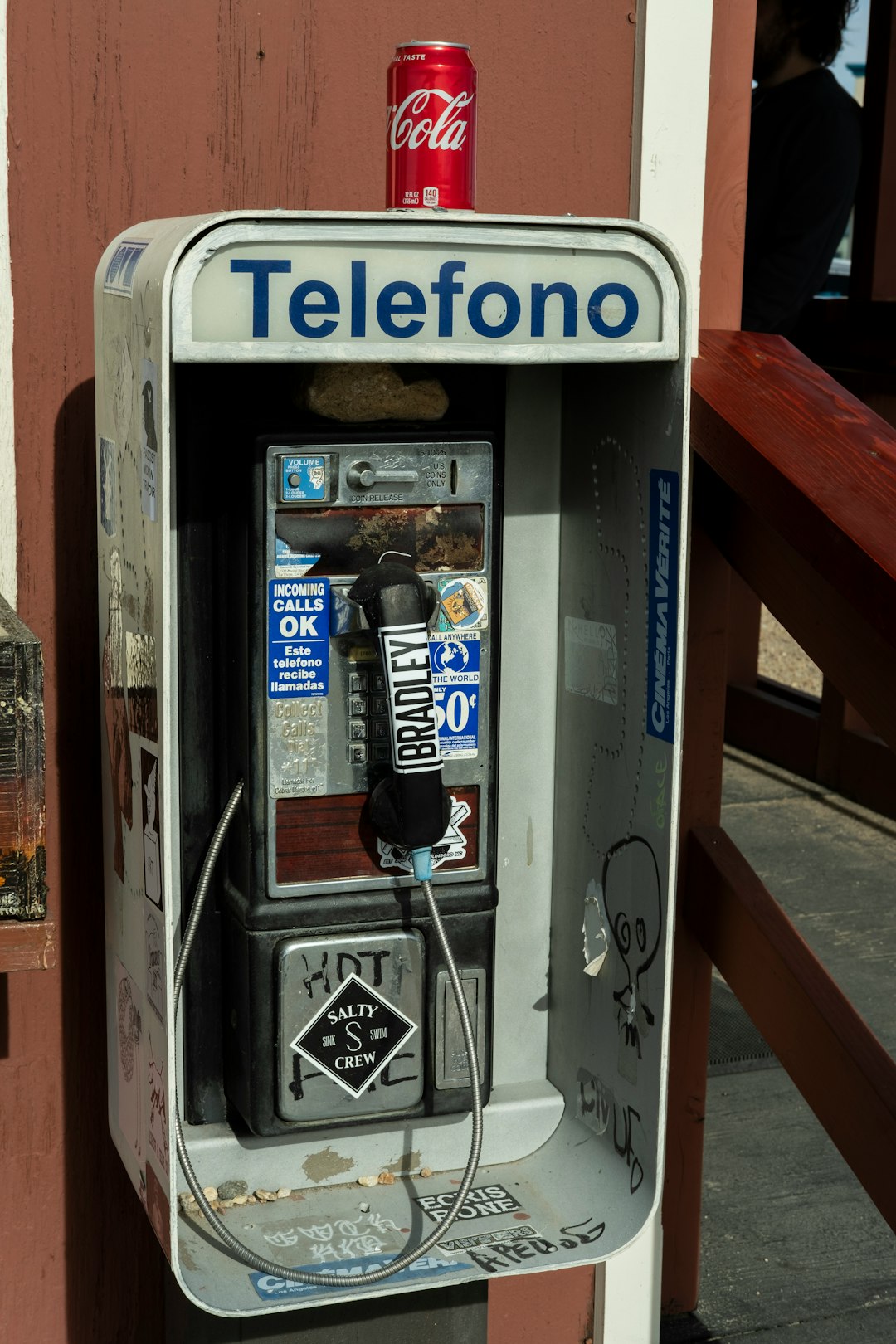In Colorado, debt collectors must be licensed under stringent regulations that include bond requirements of $50,000 or more, aimed at protecting consumers from unethical practices. Engaging a specialized lawyer for debt collector laws in Colorado is crucial for navigating these regulations, ensuring compliance, and safeguarding both collectors and consumers against legal disputes.
In the dynamic landscape of debt collection, navigating regulatory compliance is paramount. For those operating within Colorado, understanding the intricate licensing and bonding requirements is essential. This comprehensive guide delves into the crucial aspects of becoming a licensed debt collector in Colorado, including the specific bond mandate. Additionally, it explores the pivotal role a lawyer can play in ensuring adherence to these stringent regulations, highlighting the significance of legal expertise in this field, particularly when dealing with the intricate nuances of the lawyer for debt collector practices in Colorado.
Understanding the Licensing Requirements for Debt Collectors in Colorado

In Colorado, debt collectors must adhere to stringent licensing requirements set forth by the state to ensure ethical and fair practices in their industry. Before operating within the state, potential debt collectors should familiarize themselves with these regulations, which are designed to protect consumers from abusive or unfair collection tactics. Licensing is a vital step for any business engaging in debt collection activities in Colorado, as it signifies compliance with local laws and demonstrates a commitment to responsible debt recovery practices.
The process involves obtaining a license from the Colorado Division of Securities, which requires filling out specific applications and providing necessary documentation. Additionally, debt collectors must post a bond to guarantee their financial responsibility and adherence to the established rules. Hiring a lawyer specializing in debt collector laws in Colorado can significantly aid in understanding these requirements, ensuring a smooth licensing process, and minimizing potential legal risks associated with operating as a debt collector within the state.
What is the Bond Requirement for Debt Collectors in Colorado?

In Colorado, debt collectors must obtain a license from the state to operate legally. A crucial component of this licensing process is the bond requirement. This bond acts as a financial guarantee that protects consumers against unethical or harmful practices by debt collection agencies. The bond ensures that if a debt collector fails to adhere to Colorado’s regulations, consumers have recourse through legal means.
For debt collectors in Colorado, the bond requirement typically involves securing a bond with a principal amount of at least $50,000. This bond is designed to cover any damages or losses that may arise from the collector’s activities. If a debt collector violates state laws or causes financial harm to consumers, affected parties can file a claim against the bond, providing them with compensation for their losses. Engaging the services of a qualified lawyer for debt collector laws in Colorado can help ensure compliance with these requirements and protect both collectors and consumers alike.
The Role of a Lawyer in Navigating Colorado's Debt Collector Regulations

When navigating Colorado’s intricate debt collection regulations, having a lawyer by your side is invaluable. A legal professional specializing in this field can be a true asset for debt collectors, ensuring compliance with state laws and protecting their interests. They possess an in-depth understanding of the lawyer for debt collector rules specific to Colorado, which are designed to safeguard consumers’ rights while allowing fair debt collection practices.
The role of such a lawyer extends beyond simply interpreting legal language. They can assist in drafting contracts, preparing necessary documentation, and advising on ethical collection methods. With their guidance, debt collectors can avoid costly mistakes, navigate potential legal pitfalls, and maintain a strong defensive position should any disputes arise. This proactive approach not only ensures compliance but also fosters a positive reputation for the debt collector’s business in the competitive Colorado market.






